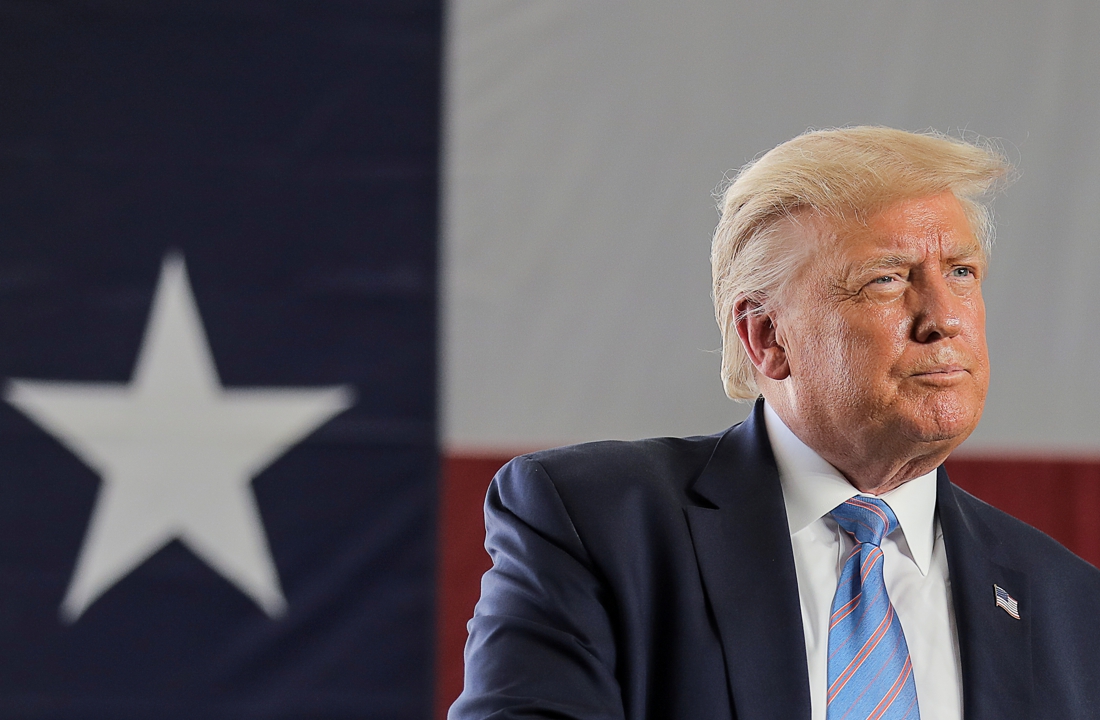Donald Trump’s fight to remain president of the United States seemed to have faded after numerous legal defeats, but is now being revived by the American state of Texas. A Republican bastion for decades, the state has filed lawsuits against Georgia, Michigan, Pennsylvania, and Wisconsin in hopes of having Joe Biden’s victories declared illegal.
–
It was Ken Paxton, the Texas Republican Attorney General, who filed suit with the U.S. Supreme Court on Tuesday. According to him, the four states made “illegal” changes to their election procedures that would have to annul Joe Biden’s election victories. The indictment states that “states have failed to protect the postal voting system against electoral fraud.”
It is very exceptional that one state takes other states to court, but it is allowed. Although the US Supreme Court has a conservative majority (6 to 3), this legal action seems to have only a minimal chance of success.
Not only has the Supreme Court previously rejected similar claims, election officials from the four states – Democrats and Republicans alike – have already stated that they have found no evidence of fraud, and both local and national officials have previously stated that the November 3 were “the safest in American history”.
“No legitimate basis”
Joe Biden took in 306 electors in those elections, 36 more than the 270 needed to be elected president. However, Texas is now asking the Supreme Court to annul the number of Georgia, Michigan, Pennsylvania and Wisconsin electors (62 in all), leaving Biden suddenly with only 244 more. That is still more than Trump, who got stuck at 232 electors. Texas is also asking to postpone the deadline to officially confirm the electoral votes, which is now on December 14.
However, Paul Smith, a legal expert at Georgetown University, has said that Texas has “no legitimate basis” for the lawsuits. “Texas has no reason to complain about how other states count their votes and how they confirm their electoral votes,” Smith said.
Finally, the Supreme Court is also under no obligation to hear the case and has said in previous rulings that the option for states to sue other states “should be invoked very sparingly.”
– .


